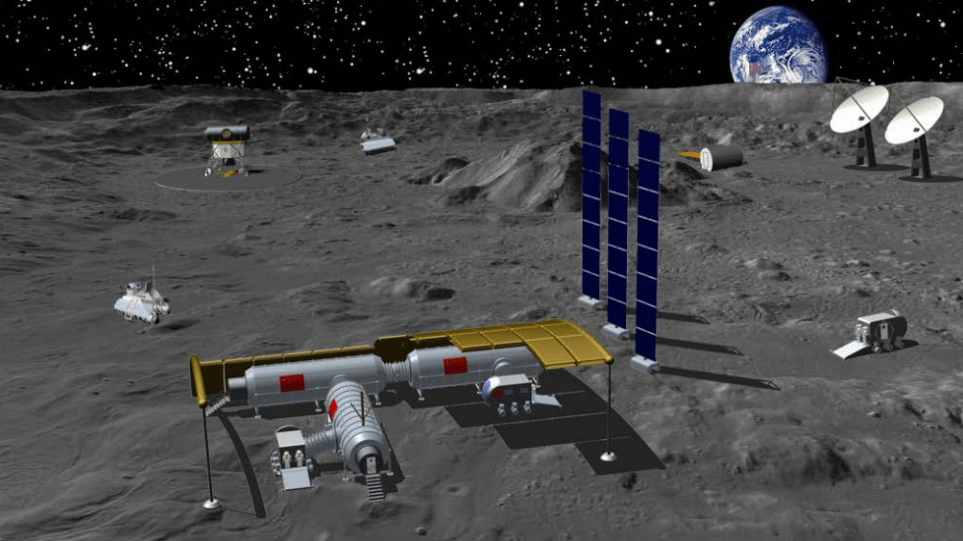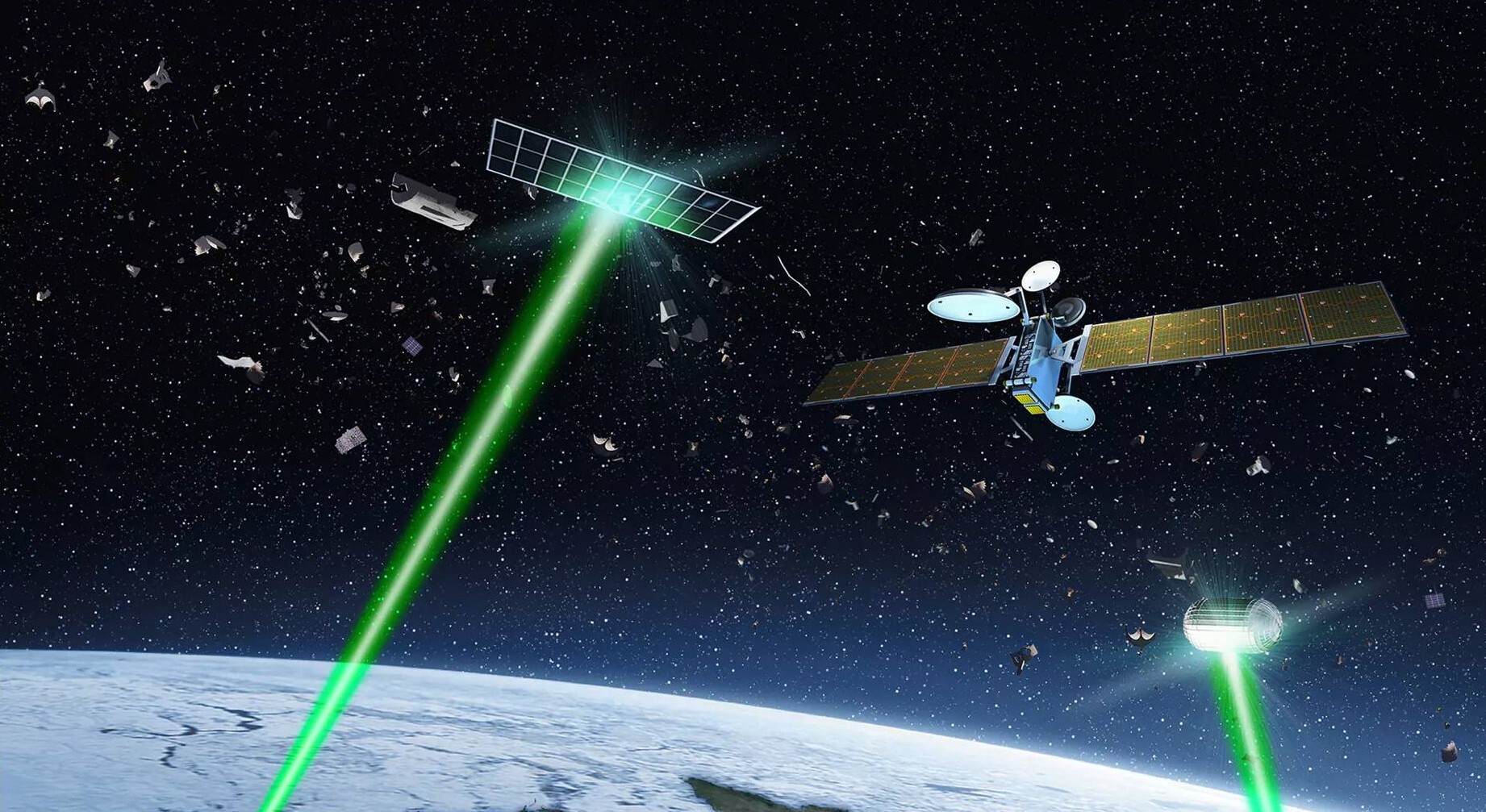Now Reading: America needs a ‘Plan B’ to reach the moon first
-
01
America needs a ‘Plan B’ to reach the moon first
America needs a ‘Plan B’ to reach the moon first


China is on track to land its first crew on the lunar surface by 2030 and establish a base at the resource-rich south pole — a site that offers continuous sunlight, access to water ice and control of the most valuable real estate beyond Earth. Beijing’s record of steady, disciplined progress in space suggests they will meet that goal.
NASA’s Artemis program is ambitious and visionary, but its current Human Landing System schedule makes a United States landing before 2030 increasingly unlikely. The agency’s complex architecture along with its two contractors — SpaceX and Blue Origin — are developing cryogenic, reusable landers that depend on unproven technologies such as in-space refueling. These systems will eventually succeed and transform exploration, but their technical and integration risks make them poor bets for a near-term race against a nation that moves with simplicity, centralized purpose and single-minded execution.
History shows that hope is not a strategy. During the Air Force’s EELV program, the government adopted “assured access to space,” maintaining two launch families so that no single failure could ground America’s satellites. NASA’s commercial cargo and crew programs took the same tact to ensure redundancy and competition. The same logic must apply to lunar access. The United States needs a parallel, government-led backup — Plan B — to guarantee we can place Americans on the moon before China does.
Plan B would use proven, storable-propellant technologies and flight-heritage subsystems, built under a single prime such as Lockheed Martin to ensure 100% commonality with Orion along with Aerojet Rocketdyne propulsion. This approach mirrors how we built the Apollo Lunar Module in six years from a blank sheet of paper. With today’s tools and experience, a functional two-person lander could be fielded by 2029. It would be reliable, certifiable and built to a minimum set of requirements:
- Use of existing successful developments, systems and hardware. No new inventions or technology.
- Two astronauts for a short duration (24 to 48 hours) on the lunar surface.
- Complete at least two lunar landing missions prior to 2030.
- The first mission should be back to a proven lunar equatorial region which is a much safer landing region than the pole and has more orbital abort options. The second mission should be near the south pole.
Critics will call this duplication. It isn’t. It’s strategic insurance. The cost of another lander program — several billion dollars — is trivial compared with the geopolitical and economic price of arriving second. Lunar leadership defines who writes the rules for resource utilization, navigation corridors and international partnerships for Mars and beyond. Losing that leadership would echo for decades.
To move at the speed of relevance, NASA should establish a dedicated “Skunk Works-style” program office reporting directly to the Administrator, use rapid acquisition authorities and lock in long-lead components now. Congress must authorize a 2030 Contingency Fund and make clear that finishing second in this race is not acceptable and failure is not an option.
The choice is not between SpaceX, Blue Orin and a government prime; it is between certainty and risk, between American leadership and concession. We can still arrive first, but only if we act decisively — today. In space, as in history, position is power.
Walt Faulconer is President of Faulconer Consulting Group providing strategic planning, project management, systems engineering and business development solutions for Civil, Commercial and Defense clients.
SpaceNews is committed to publishing our community’s diverse perspectives. Whether you’re an academic, executive, engineer or even just a concerned citizen of the cosmos, send your arguments and viewpoints to opinion@spacenews.com to be considered for publication online or in our next magazine. The perspectives shared in these opinion articles are solely those of the authors.
Stay Informed With the Latest & Most Important News
Previous Post
Next Post
-
 01From Polymerization-Enabled Folding and Assembly to Chemical Evolution: Key Processes for Emergence of Functional Polymers in the Origin of Life
01From Polymerization-Enabled Folding and Assembly to Chemical Evolution: Key Processes for Emergence of Functional Polymers in the Origin of Life -
 02Panasonic Leica Summilux DG 15mm f/1.7 ASPH review
02Panasonic Leica Summilux DG 15mm f/1.7 ASPH review -
 03Two Black Holes Observed Circling Each Other for the First Time
03Two Black Holes Observed Circling Each Other for the First Time -
 04How New NASA, India Earth Satellite NISAR Will See Earth
04How New NASA, India Earth Satellite NISAR Will See Earth -
 05And Thus Begins A New Year For Life On Earth
05And Thus Begins A New Year For Life On Earth -
 06Astronomy Activation Ambassadors: A New Era
06Astronomy Activation Ambassadors: A New Era -
07SpaceX launch surge helps set new global launch record in 2024

















